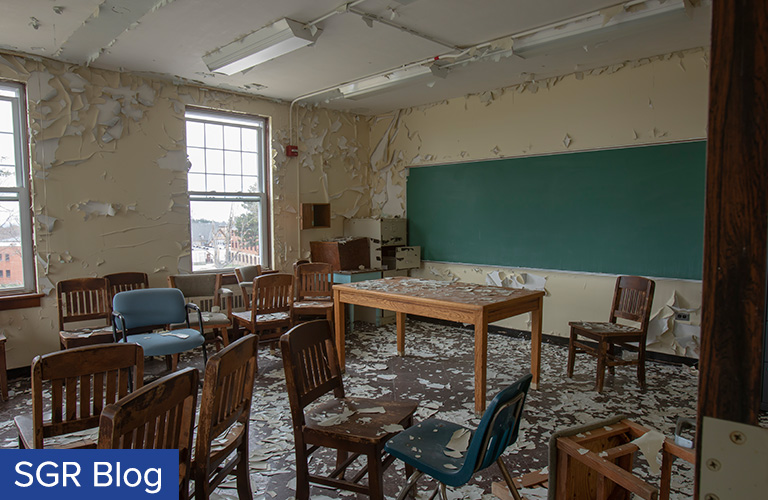
On July 9, the U.S. EPA issued its “review of the dust lead hazard standards and the definition of lead-based paint” under which the EPA left largely intact, the existing standards and definitions. The Sierra Club has petitioned the 9th Circuit to review the new standards for “dust lead,” which include a decision by the EPA not to change the definition of lead-based paint. The standards are used to determine whether lead hazards exist in homes, childcare facilities and surrounding soil. In the case, A Community Voice v. EPA, the petitioner’s allege that the new standard does not take into… Read more


